Saudi officials embark on mass home demolitions in Shia-populated Qatif: Rights group
A non-governmental organization (NGO) says Saudi authorities have started large-scale demolition of homes and neighborhoods in the old quarters of Qatif region in the kingdom’s oil-rich and Shia-populated Eastern Province.
The Committee for the Defense of Human Rights in the Arabian Peninsula (CDHRAP) said in a statement that dozens of families and hundreds of people have been forcibly displaced after Saudi authorities destroyed their homes and shops.
The Beirut-based human rights organization noted that the demolitions also include mosques, endowed buildings as well as many archaeological sites that exhibit the heritage and history of Qatif, located more than 420 kilometers (260 miles) east of the capital, Riyadh.
Local sources, speaking on condition of anonymity, said Qataif demolitions are part of a multi-billion dollar "development" plan, and have targeted those living in areas that cover a substantial slice of the older parts of Dammam city, especially around King Abdulaziz Street.
The street, which was reportedly razed on October 2, is said to be the birthplace of popular pro-democracy rallies in Qatif region and protests in condemnation of the Riyadh regime’s repressive measures.
Back in 2018, Qatif Municipality announced the beginning of the demolition of around 600 apartments and buildings in different parts of the district, and asked residents to provide legal and official documents to prove their ownership.
Sources revealed at the time that some families were forced to sign expropriation notices, with more than 1,200 properties confiscated.
CDHRAP stated that Saudi authorities are trying to deceive residents of districts razed to the ground, and locals have complained that they did not receive adequate warning or compensation when their homes and neighborhoods were demolished.
The human rights group went on to point to the bitter experience of residents of al-Shuwaikah neighborhood in the center of Qatif region, saying, “Local residents have been desperately trying since 2017 to receive compensations from Saudi authorities for their destroyed houses.”
While Saudi officials claim that the purpose of such demolitions is the development of Qatif region, documents and evidence show that the operations are merely aimed at taking revenge on local people and erasing their identity, CDHRAP noted.
Last March, Saudi Minister of Municipal and Rural Affairs and Housing, Majid bin Abdullah al-Hogail, issued a decree to confiscate 236 properties in the city of Safawi.
Ever since Crown Prince Mohammed bin Salman became Saudi Arabia’s de facto leader in 2017, the kingdom has ramped up arrests of activists, bloggers, intellectuals, and others perceived as political opponents, showing almost zero tolerance for dissent even in the face of international condemnations.
Muslim scholars have been executed and women’s rights campaigners have been put behind bars and tortured as freedoms of expression, association, and belief continue to be denied.
The kingdom’s crackdown on peaceful dissent has particularly targeted writers and human rights campaigners in Eastern Province.
The province has been the scene of peaceful demonstrations since February 2011. Protesters have been demanding reforms, freedom of expression, the release of political prisoners, and an end to economic and religious discrimination against the region.
Over the past years, Riyadh has also redefined its anti-terrorism laws to target activism.
In January 2016, Saudi authorities executed Shia cleric Sheikh Nimr Baqir al-Nimr, who was an outspoken critic of the Riyadh regime. Nimr had been arrested in Qatif in 2012.
'Gaza has won': Social media users react to ceasefire with mix of relief, joy
Iran seeks South Korea’s assistance for AI, fiber-optic projects
VIDEO | Iran's 'Eqtedar' (Power) maneuver
Israel hits HTS military target in Syria for 1st time since fall of Assad
VIDEO | Press TV's news headlines
Israel has slaughtered 13,000 students in Gaza, West Bank
VIDEO | More Zionist than Zionists: Biden’s legacy to be defined by Gaza genocide
Hamas confirms handing approval of Gaza ceasefire deal to mediators


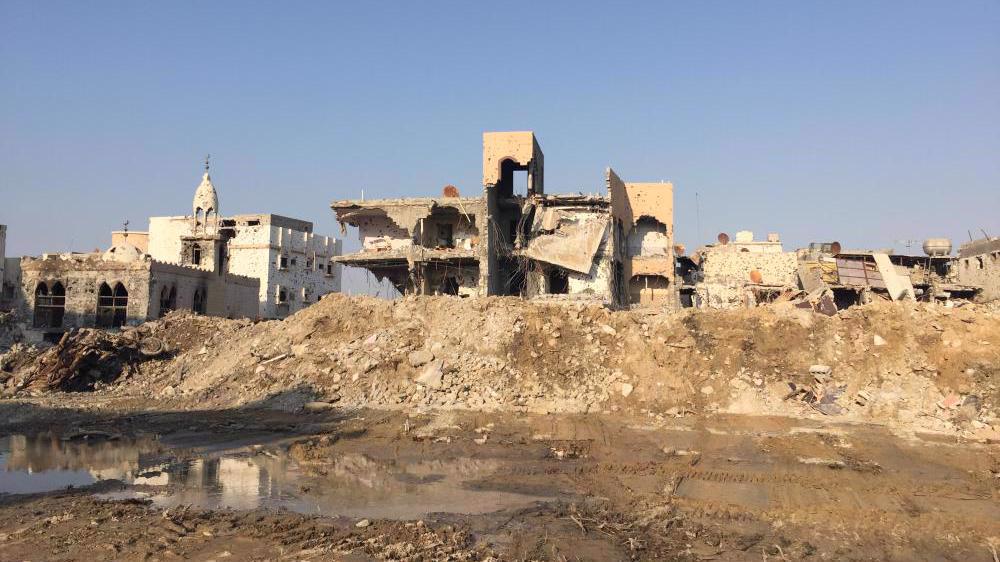
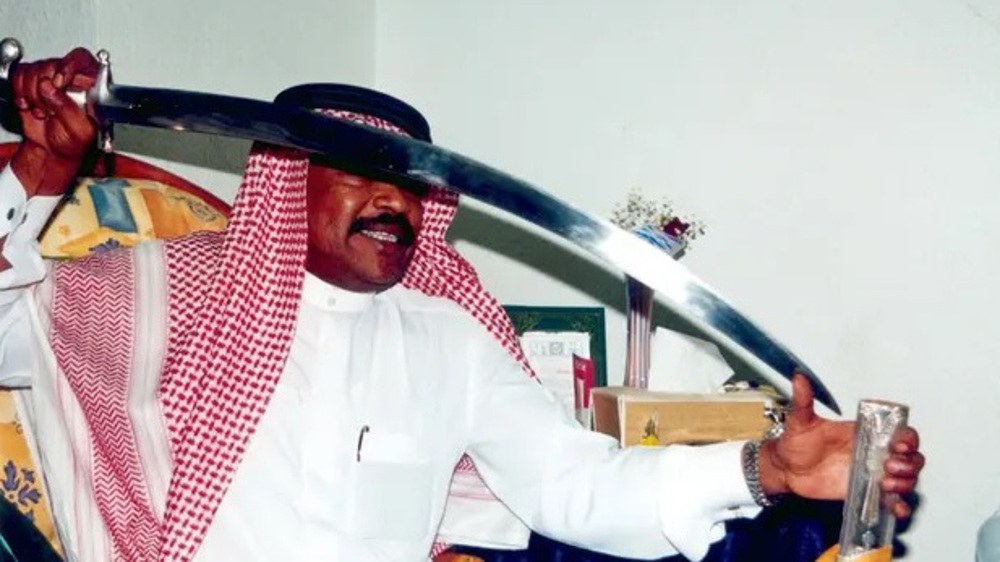
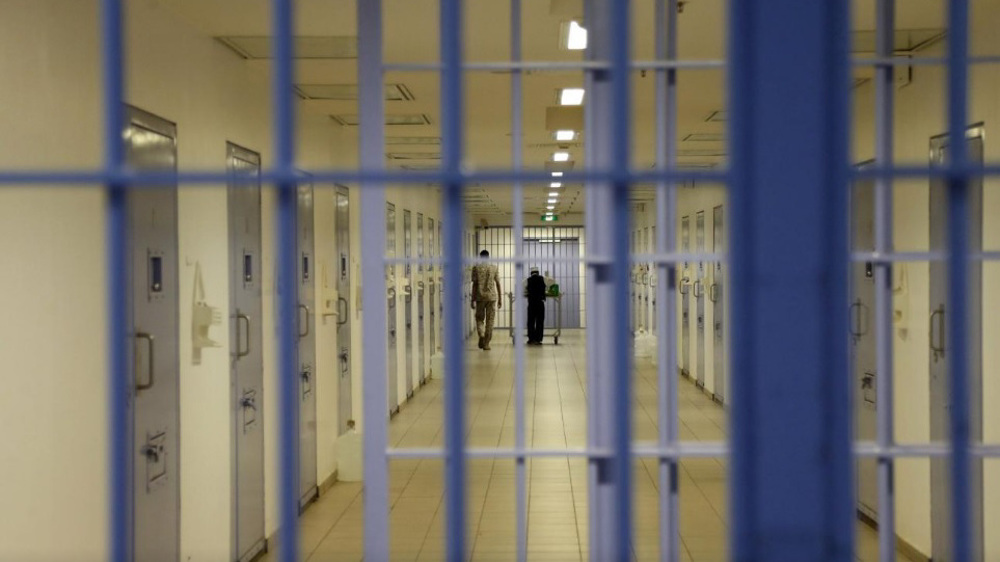






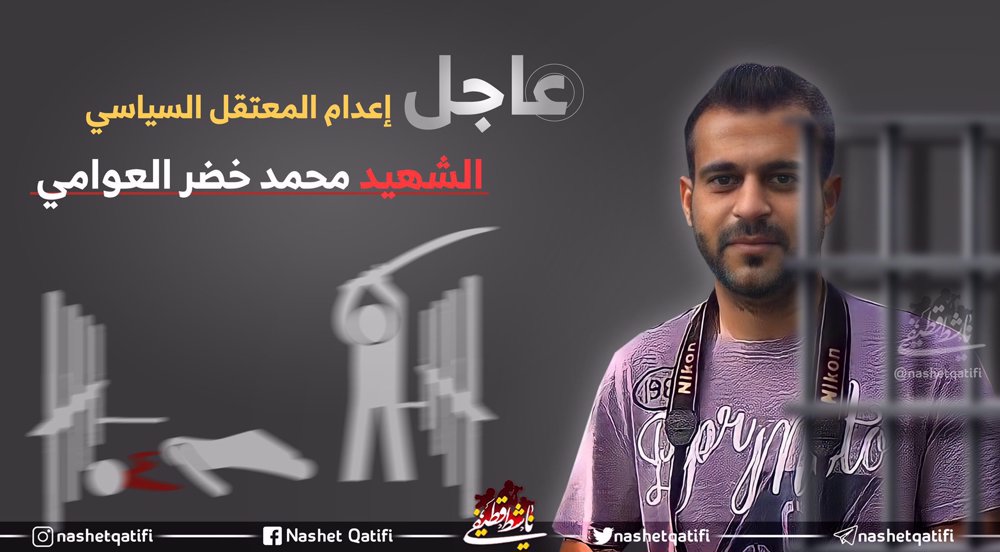

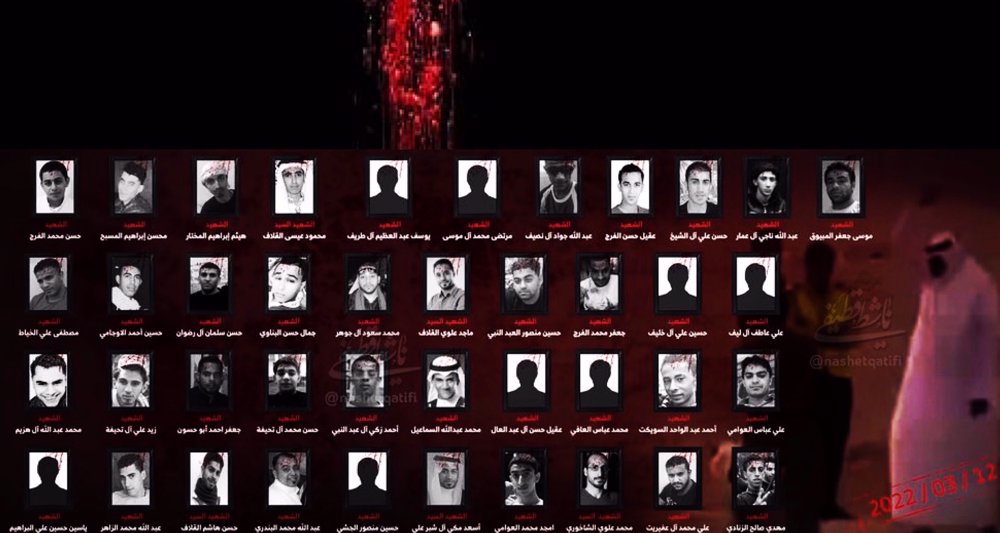
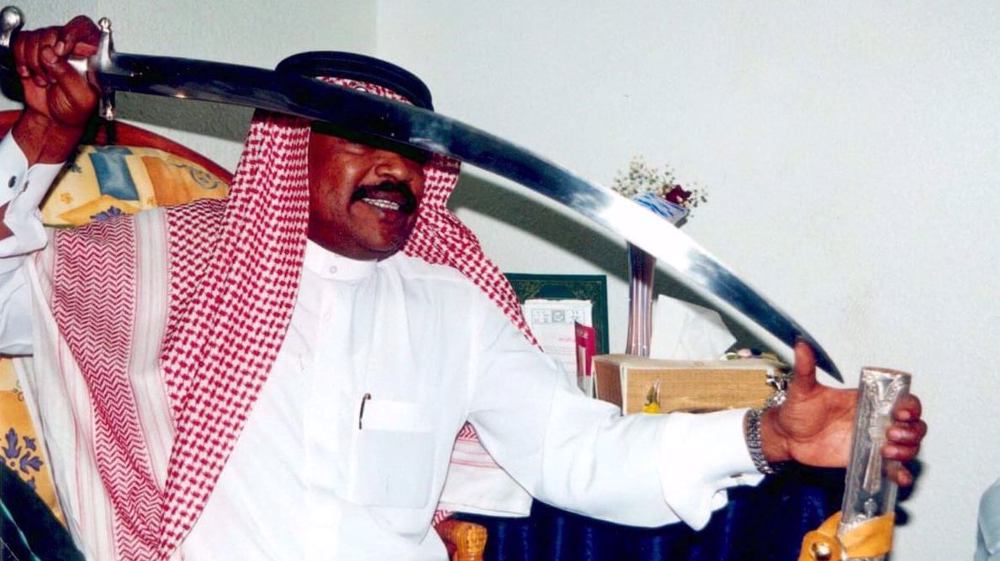
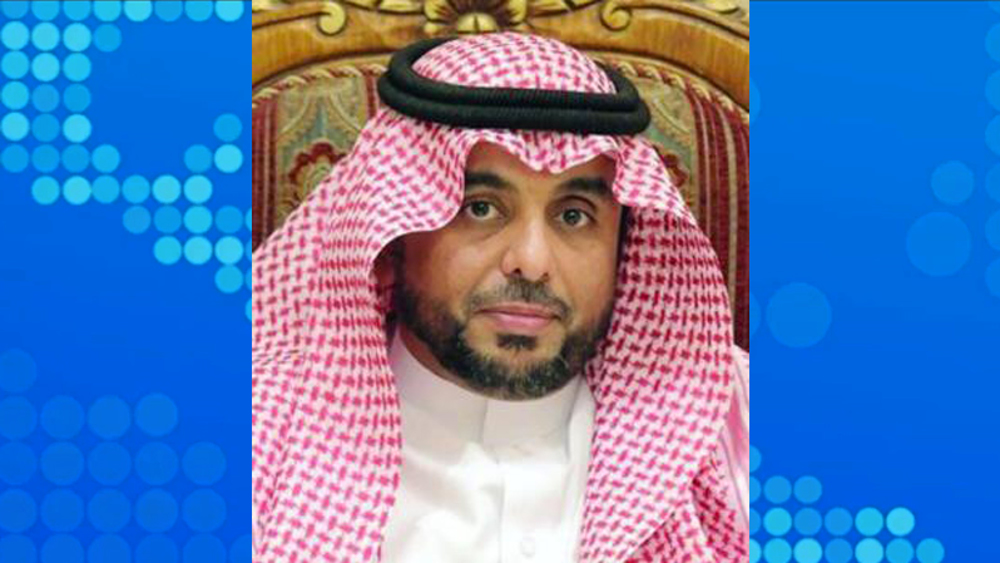
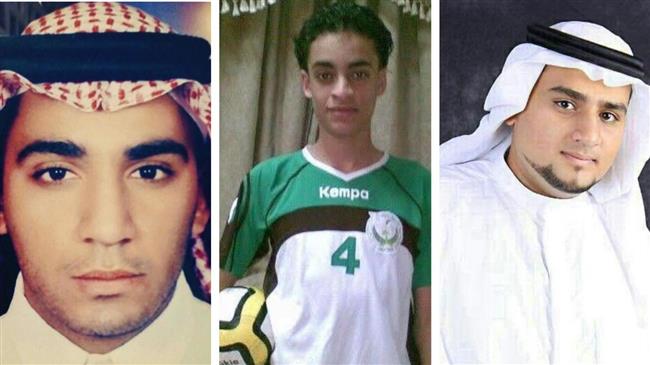
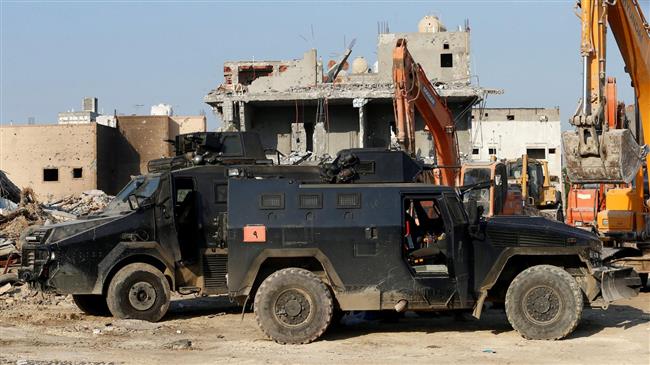
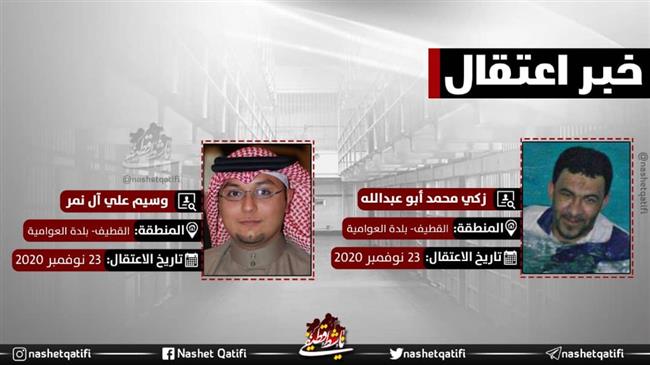

 This makes it easy to access the Press TV website
This makes it easy to access the Press TV website